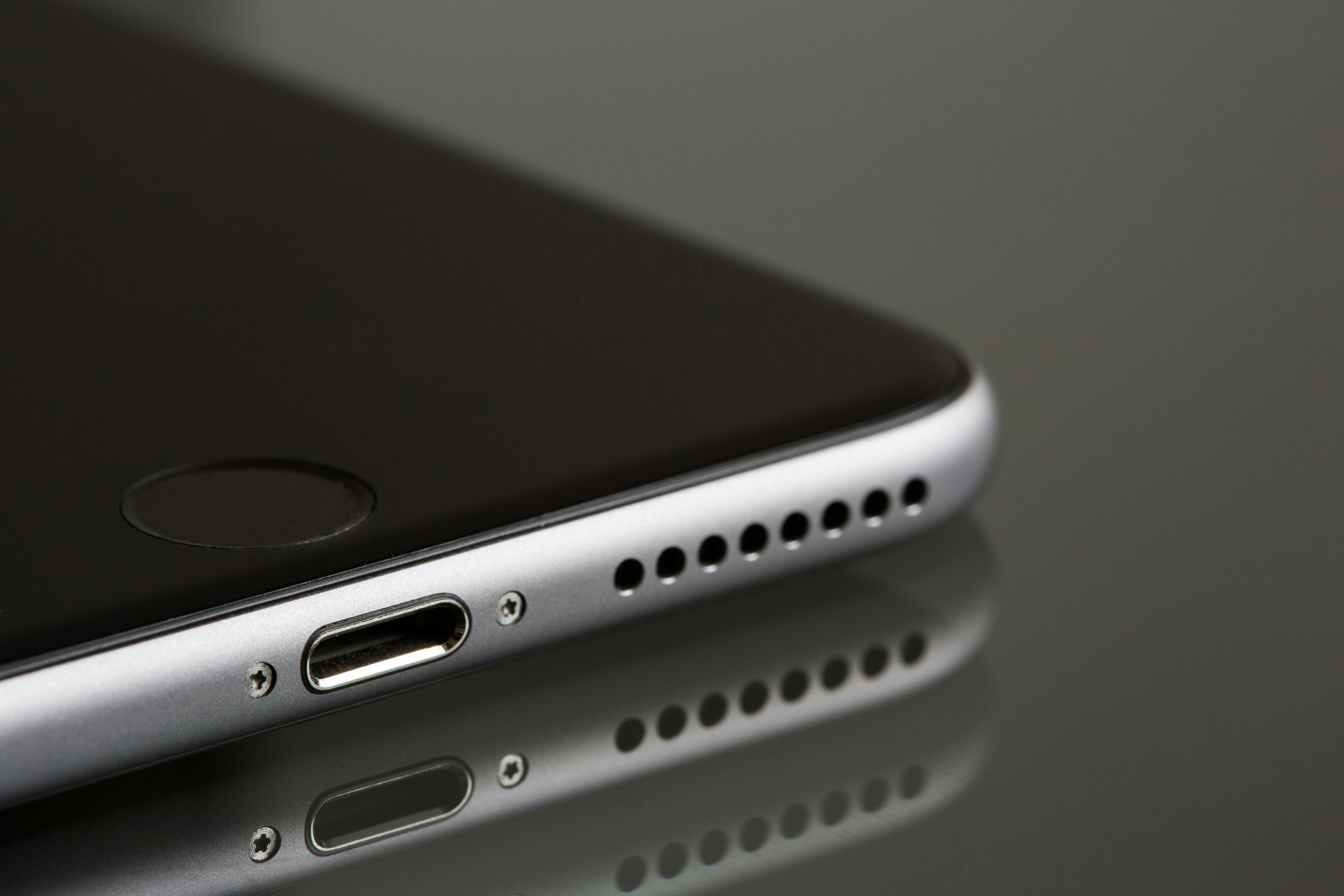Starlink's New Cellular Phone: A Game-Changer for Connectivity
Meta Description: Discover how Starlink’s new cellular phone promises seamless global connectivity, using satellite technology for reliable service anywhere. Explore its features, functionality, and signal capabilities.
Introduction
Starlink, known for its groundbreaking satellite internet services, is expanding its reach with a new cellular phone. Unlike traditional mobile phones, which rely on ground-based cell towers, Starlink’s phone connects directly to the company’s network of low-Earth orbit (LEO) satellites. This technology promises connectivity even in the most remote areas—think deserts, mountains, or at sea—where traditional cell service is unavailable.
In this article, we’ll explore how Starlink’s cellular phone works, how it receives a signal, and the key features that set it apart from other mobile devices.
How Starlink’s Cellular Phone Gets a Signal
Starlink’s phone bypasses traditional cell towers, instead connecting directly to its LEO satellites orbiting the Earth. Here’s a breakdown of how it works:
- Direct Satellite Connection: When you make a call or use data on the Starlink phone, it communicates directly with the nearest LEO satellite, which then relays the signal to another satellite or down to a ground station for routing through the internet.
- Low-Earth Orbit (LEO) Benefits: Starlink’s satellites orbit at about 340 miles above Earth, much closer than traditional geostationary satellites. This allows for lower latency and a more stable connection, making it ideal for real-time applications like voice calls and video streaming.
- Global Coverage: Starlink’s expanding network of satellites ensures connectivity almost anywhere on Earth, a game-changer for people in remote areas or travelers who need reliable service wherever they go.
How the Starlink Cellular Phone Works
Starlink’s cellular phone functions like a hybrid of a traditional smartphone and a satellite phone:
- Satellite Mode: When out of range of Wi-Fi, the phone automatically connects to Starlink’s satellite network. This mode allows users to make calls, send messages, and access data as they would with a typical mobile network.
- Dual Network Capabilities: In areas with Wi-Fi or 4G/5G networks, the Starlink phone can connect to local cellular networks, optimizing for faster speeds when available. This “dual-network” capability provides flexibility and ensures users are always connected to the best available network.
- Continuous Connectivity: Starlink’s phone can switch seamlessly between satellite and cellular networks. This uninterrupted connection is especially useful for activities like navigation, where constant internet access is essential.
Key Features of Starlink’s Cellular Phone
- Built-In GPS and Navigation: The Starlink phone comes equipped with precise GPS capabilities. With satellite connections, users can get accurate location data even in areas where traditional GPS may fail, such as in dense forests or canyons.
- Long Battery Life: Since satellite connections can consume more power, Starlink’s phone is designed with an extended battery life. This allows users to stay connected longer, even without frequent charging options in remote areas.
- Emergency SOS Feature: The phone includes an emergency SOS feature that allows users to call for help anywhere in the world. This is especially useful for hikers, explorers, and those traveling in isolated regions where other forms of help may be unavailable.
- Rugged Design: Starlink’s phone is built to withstand tough environments. Its rugged design is dust-proof, waterproof, and drop-resistant, making it ideal for outdoor adventurers or those working in harsh conditions.
- Advanced Satellite Antenna: Unlike conventional smartphones, Starlink’s phone is equipped with a satellite-optimized antenna, ensuring a stronger, clearer connection to the Starlink network. This antenna allows for stable calls and data usage even in challenging signal conditions.
Benefits of Starlink’s Cellular Phone
- Anywhere Connectivity: Unlike traditional cell phones, which depend on cell towers, Starlink’s phone can connect anywhere with a clear view of the sky. This means you can be off the grid but still have internet and phone access.
- Resilient Emergency Communications: In the event of natural disasters or other crises where traditional networks fail, Starlink’s satellite-based phone provides a reliable backup. Emergency responders, government agencies, and humanitarian organizations can benefit from this dependable communication option.
- Reduced Roaming Charges: Since the phone connects via satellite, users can avoid costly international roaming fees. This makes it ideal for travelers who need consistent, cost-effective connectivity across different countries.
- Low Latency for Real-Time Applications: Unlike traditional satellite phones with high latency, Starlink’s phone delivers faster response times, making it suitable for real-time applications like video calls, online gaming, and other latency-sensitive activities.
Potential Drawbacks of Starlink’s Cellular Phone
- Higher Cost: Due to its advanced technology, the Starlink cellular phone is expected to be priced higher than standard smartphones. Users may also face a higher monthly fee to access Starlink’s satellite network.
- Limited Indoor Connectivity: Since the phone relies on a clear line of sight to satellites, its connectivity may be limited indoors or in dense urban areas where buildings can block the satellite signal. Users might need to be outdoors for optimal performance.
- Battery Drain in Satellite Mode: Satellite connections consume more power, so users may notice shorter battery life when the phone is in satellite mode compared to cellular or Wi-Fi connections.
Conclusion: A New Frontier in Mobile Connectivity
Starlink’s cellular phone represents a major leap forward in connectivity, especially for those who live or travel in remote areas. By bypassing traditional cell towers and utilizing a global network of satellites, Starlink offers an option that keeps users connected no matter where they are on Earth.
While it comes with a higher price tag and some limitations, the Starlink phone’s unique features—such as global coverage, rugged design, and emergency capabilities—make it a valuable tool for adventurers, remote workers, and anyone who values consistent, reliable connectivity. As Starlink continues to expand its satellite network, the future of mobile connectivity may very well be in orbit.
Order Now
Stay connected wherever you are. Explore Starlink’s latest connectivity solutions.





